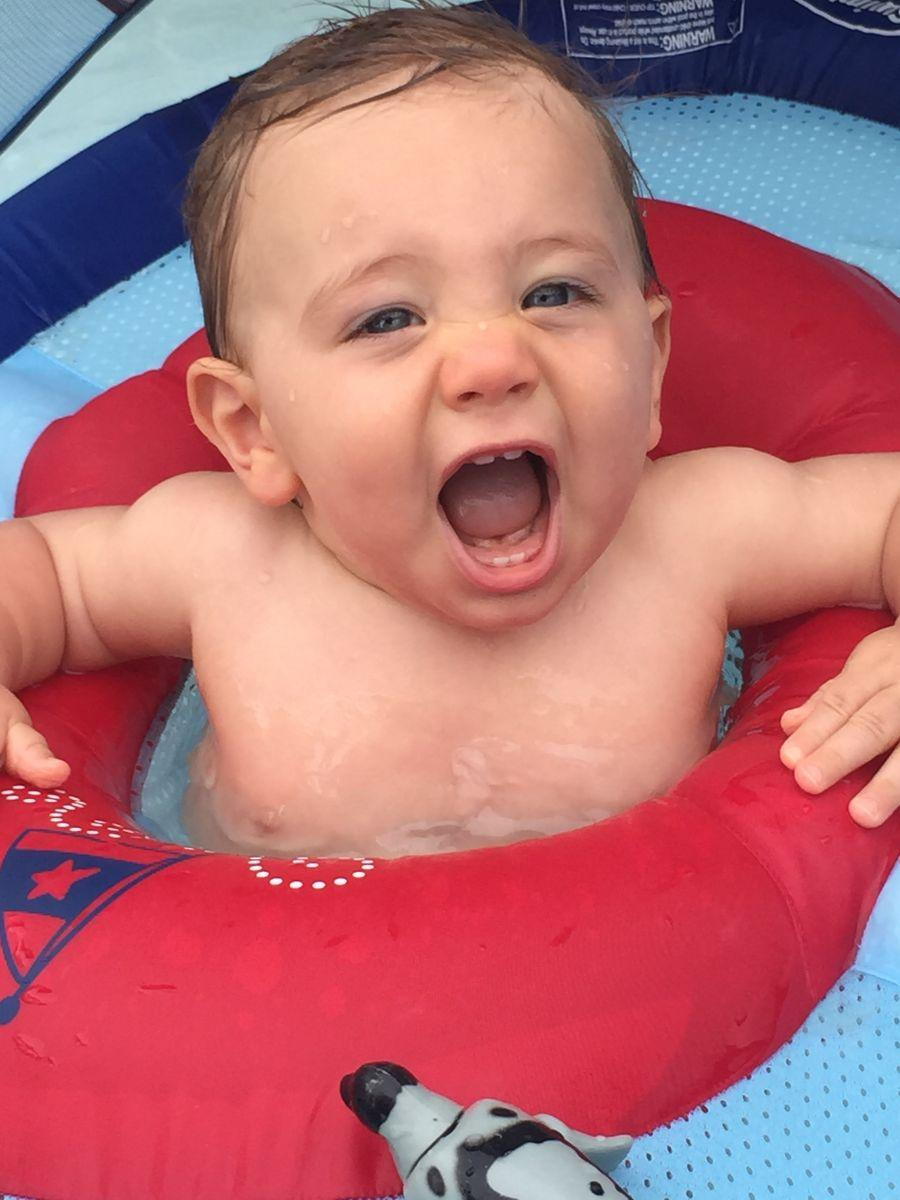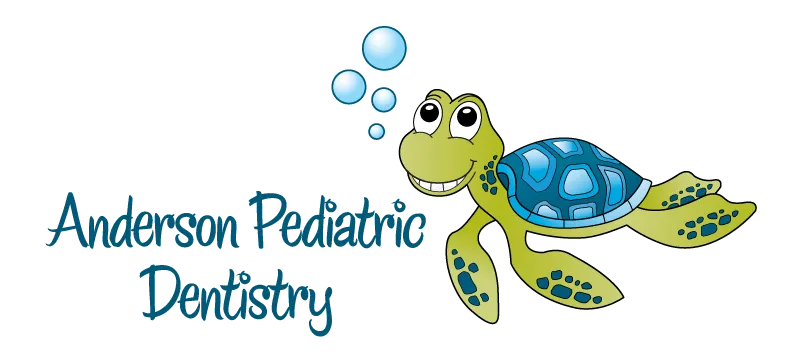Can Swimming Harm Your Teeth?
posted: May 15, 2018.
What You Need to Know About Chlorine

It’s summertime and we are all excited for school to be out and pools to be open! As temperatures climb and summer activities begin, we want to start discussing some summer safety tips for your teeth. That’s right. I said safety tips for your teeth. Chances are when you head to the pool this summer, you aren’t going to be thinking much about your teeth. You’ll pack your sunscreen, hats, pool floats, and flip-flops, and your teeth won’t even be on your list of concerns. But maybe they should be!
Pools with too much chlorine contain pH levels that can cause enamel erosion as water occasionally seeps into your mouth during your swim session. When you and/or your children are swimming frequently, this constant exposure can cause long-term damage. When the enamel wears down, teeth can become discolored, the edges can become transparent and you may experience sensitivity to hot and cold.
How can you tell if a pool is over-chlorinated?
Chlorine is not noticeable to the naked eye and only ph testing can reveal accurate results. However, you can look for telltale signs when in a public pool or on vacation. Take notice of pool linings, railings and ladders that are eroded. It’s likely due to acidic water eating away at the surfaces. Pool water that's too acidic may do the same damage to your teeth.
If it’s your home pool, regularly test your ph and make sure to keep water between 7.2 and 7.8 on the pH scale.
How can you prevent chlorine damage to your teeth?
The biggest thing you can do to prevent chlorine damage on your teeth is to keep your mouth shut while you’re in the pool.
While it’s not possible to keep pool water from ever touching your teeth, you should avoid opening your mouth under water as much as possible. Teach your kids not to drink the water, hold it in their mouths or spray it from their mouths. So, when your kid comes up with a mouthful of water and sprays it at you like a sprinkler, remind them that not only does the water likely contain urine (eww!), but it’s also damaging their teeth! The less amount of pool water you get in your mouth, the better!
It may seem like a hard habit to start, but pack your toothbrush and brush your teeth as soon as you get done swimming. Long hours spent poolside are often accompanied by sugary drinks and snacks. Bacteria and sugar, combined with chlorine, is a disaster waiting to happen! Brushing right after you finish swimming will remove the bacteria and sugar, as well as the chlorine, lessening the chances of staining and decay.
Anderson Pediatric Dentistry wants everyone to have a wonderful and safe summer, full of great memories and beautiful smiles. If you notice staining on your child’s teeth after hours of swimming, or if you have any questions about how to keep your child’s smile safe this summer, please give us a call at 864-760-1440.
